The Capillary Wave: Word Index

Those that are entitled to register a petition and lodge a protest against the government of a country, are what is known as “citizens”. Logically speaking, the rules for who can lodge a petition in the first instance must be those very citizens that the government would have jurisdiction over, especially as “citizens” are a creation of the state, and belong to the state.
- Definition of: citizen (n.)
A citizen is by definition a “member of the state or nation” and those are two very critical words when considering what a citizen is. A further and deeper explanation of these two conditions of citizenship can be seen at the Word Index for “nation”, linked here. It is clear that a citizen can be a member of the “state” or a “nation”, and those two things are in two very different jurisdictions in terms of law and governance. See the word index below for “state”.
- Word Index: State
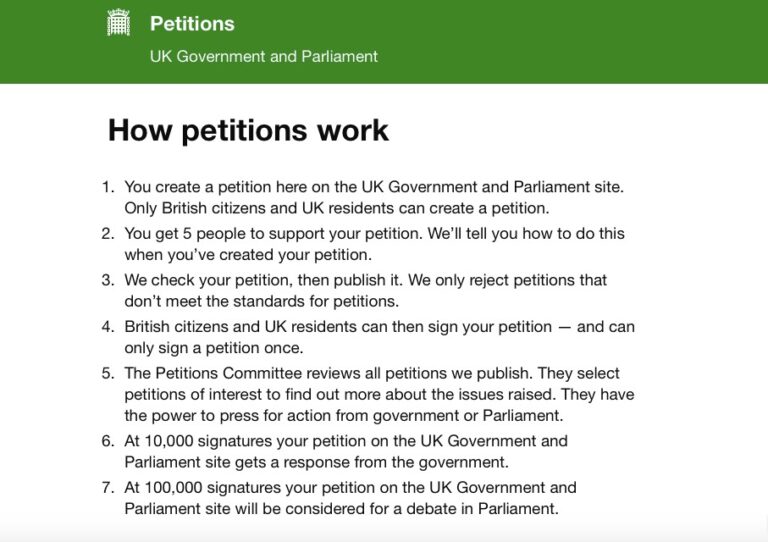
Very clearly those who can petition in the first instance are “British Citizens and UK residents”, which then firmly places this type of “citizen” as citizens of the state and not a nation, as evidenced above in the definition of citizen.
Note: I have written a specific article relating to those two aspects of citizenship. The article is for Capillary Wave members and is called: Control of Mind and Body
British Citizens and UK residents are subject to Parliament and the Acts and Statutes.
You become a British Citizen and UK resident by registering “your” name on the electoral roll, and therefore elect to be governed by consent.
Governed by consent:
There are maxims of law that state things such as:
- Consent makes the law. A contract is a law between the parties, which can acquire force only by consent.
- The contract makes the law.
- Agreements give the law to the contract.
- He who consents cannot receive an injury.
- Consent removes or obviates a mistake.
- You ought to know with whom you deal.
When a people consent to be governed as a citizen of the state, they enter in to an agreement, a contraction, and enter in to an obligation with the state. An obligation is a “binding promise by law or duty”. The evidence of that agreement / contraction / promise, is the fact that “your” legal name is on the electoral register.
This consensual relationship is explained very briefly here, by Daniel ShenSmith, also known as: the Black Belt Barrister on his YouTube channel:
When a people register to vote, they become a subject of an earthly king, which is why this breaks the very first commandment of The Bible as seen here:
I explain this point in much more detail here:
Becoming the subject of a king brings with it liabilities.
Below evidences some of the rights and privileges of a subject of the king:
Here the Claim Of Right Act 1689 evidences that it is a right and a privilege of British subjects to protest. This Act is still very much active in today’s Parliament

Here the Bill Of Rights [1688] evidences that it is a right of subjects to petition

So we can see that to become a British Citizen and UK resident you have to be a subject of the King and his government. To become a subject of the King you first need to enrol your legal name on to the electoral register. That application and the enrolling of your legal name to the electoral register then places you as a British Citizen which is a subject and it also makes you a UK resident.
- Word Index: Legal Name.
What Is A Subject?
We can plainly see that to become a British Citizen and UK resident you have to be a subject of the King and his government.
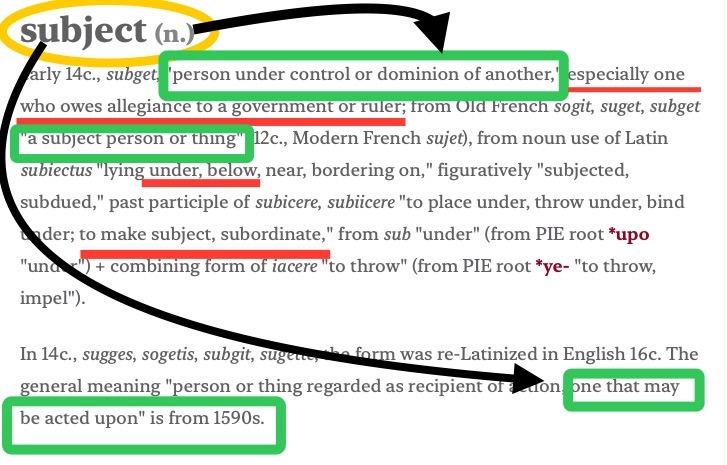
To become a subject of the King you first need to enrol the Legal Name on to the electoral register which then binds you as evidenced in the definition of the word itself; where it states “especially one who owes allegiance to a government or ruler” and this action makes you a citizen “under control or dominion of another”.
Part of the definition of “allegiance” states that it is an “obligation” and the “loyalty of a liege-man to his lord”. The words liege and allegiance are very closely related, but before we evidence those words further, let us look at the word obligation, because it is very important in terms of law and governance:
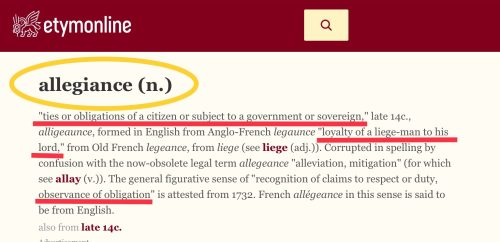
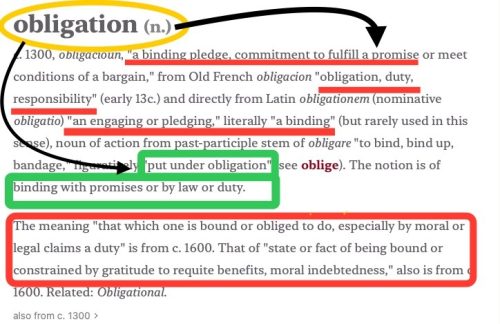
The application, and the enrolling of the Legal Name to the electoral register places you legally speaking as a British Citizen, and UK resident; which as stated in the Acts of Parliament also makes you a subject of the King, which binds you to a legal agreement with the state. All of this creates a legally binding agreement, and makes you the liege-man of a lord.
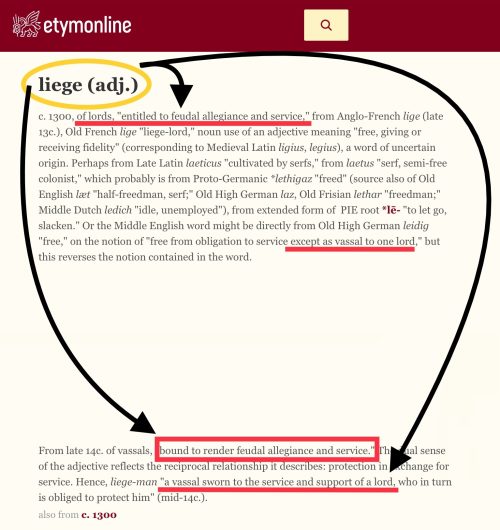

To summarise the legal position of the citizen, as has been evidenced herein. A citizen…
- Is a person under the control and dominion of another
- Is a person who owes allegiance to a government or ruler
- Is a subordinate
- Is a liege-man to a lord
- Has an obligation to his lord which is a binding commitment to fulfil a made a promise which is binding by law
- Is a vassal of a feudal lord
and lastly;
- A citizen’s lord is entitled to feudal allegiance and service from the citizen, as promised/vowed
A citizen will be a resident in a ward of a district of his country. Every citizen should study what a “ward” and “district” is in terms of law and governance. These two words will explain further the feudal relationship which the citizen now finds himself in, as a vassal of a lord bound by the law.
- Word Index: District
All of these words: citizen, resident, and subject are all encompassed in to one word at law which covers all of these things; because in most Acts of Parliament the citizen will be referred to simply as a: “person”.
- Word Index: Person
- Luke 15:15, KJV 1611 – And he went and joined himself to a citizen of that country; and he sent him into his fields to feed swine.”